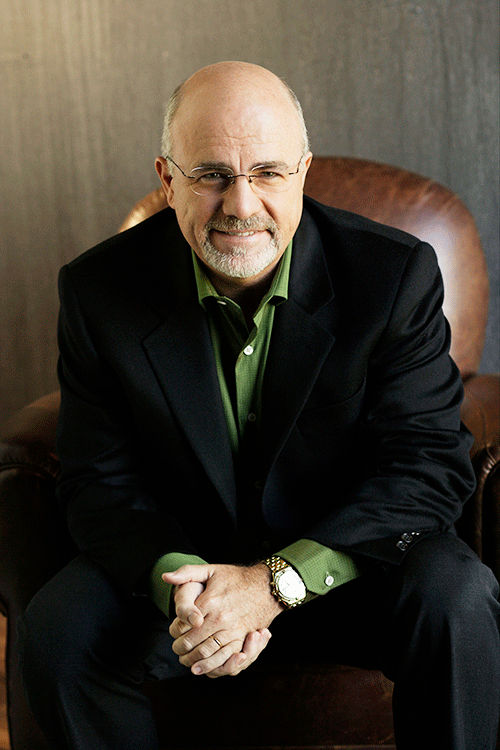
The zero-based budget
Dear Dave,
I have a good job and make pretty good money, but I’m tired of always worrying about my finances and being strapped for cash at the end of the month. I’ve heard you talk about getting out of debt and living on a zero-based budget, but what exactly is a zero-based budget?
Edward
Dear Edward,
The concept of a zero-based budget is simple: income minus outgo equals zero. If you bring home $4,000 a month, you want everything you spend, save, give and invest to equal $4,000. That way, you know where every one of your dollars is going. Not knowing where the money’s going is what kills lots of people’s financial dreams. They think they know how much they’re spending and where it’s going, but they really don’t.
Here’s how you do it. List all your income sources for the month. Your income should include paychecks, small-business income, side jobs, residual income, child support and so on. If it’s money that comes into your household’s bank account, write it down and add it up.
Next, list every single expense you have each month. Rent, food, cable, phones and everything in between. Your expenses vary from one month to the next, and this is why you make a new budget each month. Your giving budget might be high in December when Christmas rolls around. The car budget will spike during months when you pay insurance or renew your tags. Focus on one month at a time.
Now, subtract your expenses from your income. Ideally, this number will be zero. It might take a few months of practice, so don’t worry if it doesn’t balance out immediately. If it doesn’t, it just means you need to do something to bring one of the numbers up, the other one down—or both. If you’re spending more than you make, you need to make some cuts in your spending. If you need to generate more money, get apart-time job or sell a bunch of stuff.
The deal with a zero-based budget is this: every dollar must have a name. That means every dollar has a designated job to do. If you fill out every item in your budget and come out $100 ahead—meaning you have nothing for that $100 to do—you haven’t finished your budget. You have to find a job for that $100. It’s your decision what it does, but if you don’t give it a name and purpose, you’ll end up blowing it and wondering where it went.
Good luck, Edward!
* Dave Ramsey is a seven-time #1 national best-selling author, personal finance expert, and host of The Ramsey Show, heard by more than 18 million listeners each week. Hehas appeared on Good Morning America, CBS This Morning, Today Show, Fox News, CNN, Fox Business, and many more. Since 1992, Dave has helped people regain control of their money, build wealth and enhance their lives. He also serves as CEO for Ramsey Solutions.